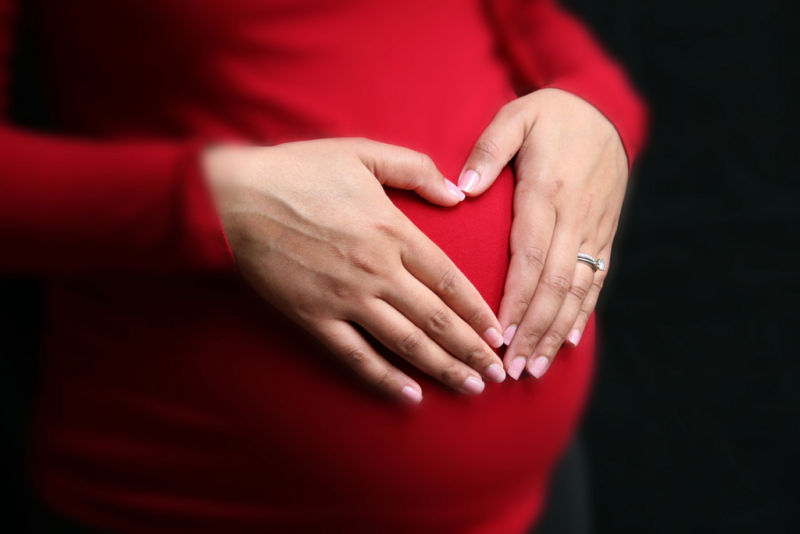
Researchers have discovered pregnancy-associated stroke occurs in an estimated 34 out of 100,000 women.Researchers have discovered pregnancy-associated stroke occurs in an estimated 34 out of 100,000 women.
Pregnancy may increase the risk of stroke in younger women, but not in older women expecting a baby, a new study has found.
Pregnancy-associated stroke occurs in an estimated 34 out of 100,000 women, researchers said. Previous studies have suggested that the risk of pregnancy-associated stroke is higher in older women than in younger women.
“The incidence of pregnancy-associated strokes is rising, and that could be explained by the fact that more women are delaying childbearing until they are older, when the overall risk of stroke is higher,” said Joshua Z Willey, assistant professor at Columbia University Medical Centre in the US. “However, very few studies have compared the incidence of stroke in pregnant and non-pregnant women who are the same age,” said Willey.
For the study, researchers examined data collected on woman hospitalised for stroke between 2003 and 2012. Out of these 19,146 women, age 12 to 55 years, 797 (4.2%) were pregnant or had just given birth. Researchers found that the overall incidence of stroke during or soon after pregnancy increased with age (46.9 per 100,000 in women age 45 to 55 versus 14 per 100,000 in women age 12 to 24).
However, pregnant and postpartum women in the youngest group (age 12 to 24) had more than double the risk of stroke than non-pregnant women in the same age group (14 per 100,000 in pregnant women versus 6.4 in non-pregnant women).

For women age 25 to 34, pregnancy increased the risk 1.6 times. Stroke risk was similar in pregnant and non-pregnant women in the older age groups. “We have been warning older women that pregnancy may increase their risk of stroke, but this study shows that their stroke risk appears similar to women of the same age who are not pregnant,” said lead author Eliza C Miller from the NewYork-Presbyterian Hospital in the US.
“But in women under 35, pregnancy significantly increased the risk of stroke. In fact, one in five strokes in women from that age group were related to pregnancy,” Miller said. “We need more research to better understand the causes of pregnancy-associated stroke, so that we can identify young women at the highest risk and prevent these devastating events,” said Miller.
The study appears in the journal JAMA Neurology.